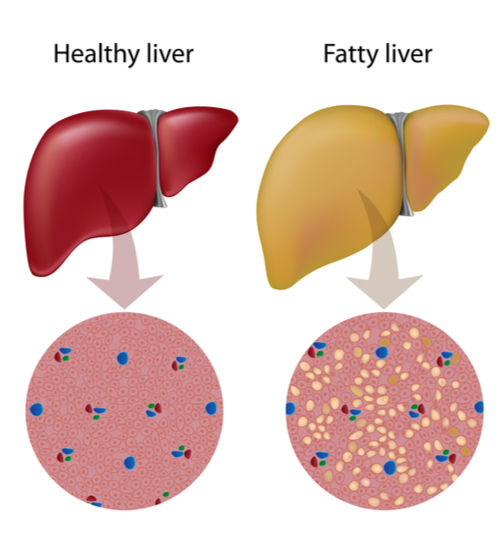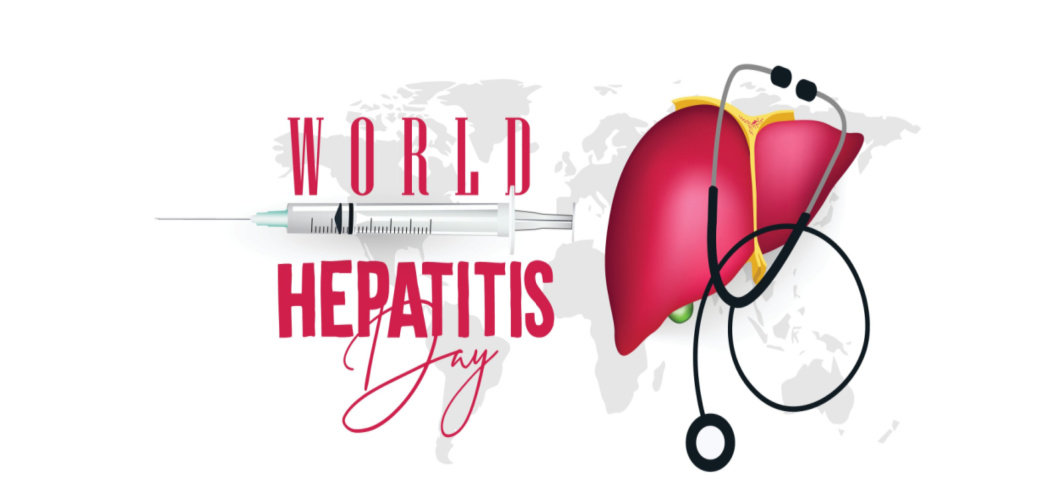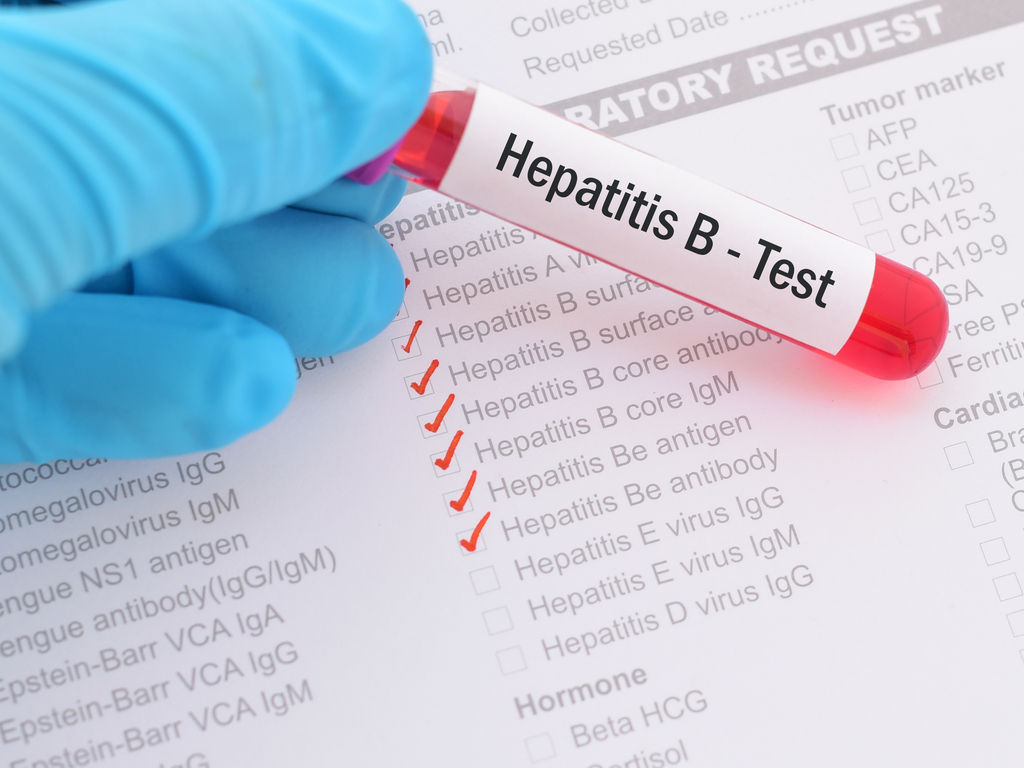- Home
- Blog
- Special Days
World Liver Day: Time To Take Care Of Your Detox Center
Special Days
World Liver Day: Time To Take Care Of Your Detox Center
By Apollo 24|7, Published on- 19 April 2022, Updated on -18 October 2022
Share this article
0
1 like

What is a nightmare? It’s saying goodbye to those sumptuous dishes that you probably can’t stay aloof from. And this would actually happen if you don’t shoulder the responsibility of taking care of the cone-shaped organ placed in the upper right-hand portion of the abdominal cavity. Yes! The second-largest organ in our body, the liver, needs acute care so that we continue to keep our taste buds tingling. However, a report published in the year 2019 showed that liver disease killed nearly 20 lakh people all over the world in the year 2019. Out of which, India accounted for 2.64 lakh deaths, highlighting the grave public health risk posed by liver disease. This article explores the various diseases that may harm the liver and the ways to prevent them in detail below.
Common liver problems you should know about
Although several conditions can affect the health and functioning of the liver, some of the most common causes of liver problems are:
1. Viral Liver Diseases
Hepatitis is a viral liver disease that causes inflammation in the liver and affects its ability to function normally. The most common forms of hepatitis are:
A. Hepatitis A
It is a highly contagious but acute (short term) liver infection caused by the hepatitis A virus. Fatigue, nausea, vomiting, low-grade fever, pain in the abdomen, loss of appetite, diarrhoea, pain in joints, dark yellow urine and jaundice are some of the common symptoms of hepatitis A. The hepatitis A virus is usually transmitted via the intake of contaminated food or water or through close contact with an infected individual. While the majority of the cases are mild, in rare cases, the infection can lead to liver failure and even death.
B. Hepatitis B
As the name suggests, this disease is caused by the hepatitis B virus (HBV). The symptoms of hepatitis B infection are quite similar to those of hepatitis A infection. HBV can be transmitted from mother to child during birth, as well as through contact with blood, semen, or other body fluids from an infected person. People with chronic hepatitis are at a higher risk of liver failure, liver cancer or cirrhosis. Currently, there is no cure for chronic hepatitis B.
C. Hepatitis C
It is a liver infection that is caused by the hepatitis C virus (HCV). The virus is contagious and can be transmitted via contact with infected blood and reused syringes, and sexual contact. While most people infected with the hepatitis C virus develop only a short-term illness, some may develop chronic infection. Weight loss, itchy skin, poor appetite, fatigue, fluid buildup in the abdomen, and swelling in the legs are some of the common symptoms of hepatitis C infection. Over time, chronic hepatitis C can cause severe damage to the liver.
2. Fatty Liver Disease
Fatty liver disease, also known as hepatic steatosis, is a common medical condition that is caused by excessive buildup of fat in the liver. It happens when fat constitutes over 5% to 10% of the weight of the liver. Over time, having too much fat in the liver can increase the risk of liver inflammation, scarring (fibrosis), and liver cirrhosis. Depending on the underlying causes, the two types of fatty liver diseases are:
- Alcoholic Fatty Liver Disease - Caused by heavy consumption of alcohol
- Nonalcoholic Fatty Liver Disease - Mostly seen in obese and diabetics

Recommended read: Scientifically Proven Tips to Manage Chronic Inflammation
3. Autoimmune Diseases
These conditions cause the immune system to attack healthy cells in the body. Some of the autoimmune diseases that affect the liver are:
A. Autoimmune Hepatitis
In this condition, the immune system attacks the liver and causes inflammation. Without treatment, it can result in cirrhosis and liver failure. Autoimmune hepatitis affects women more often than men.
B. Primary Biliary Cirrhosis
In this condition, the immune system attacks the tiny tubes in your liver called bile ducts. When the ducts are injured or impaired, the bile accumulates in the liver and scars it, eventually leading to cirrhosis and liver failure. Just like autoimmune hepatitis, women are at a greater risk of this condition than men.
C. Primary Sclerosing Cholangitis
It is an inflammatory condition that damages and gradually scars the bile ducts before eventually blocking them completely. This causes the bile to build up in the liver, making it difficult for the organ to function normally, thereby increasing the risk of cirrhosis and liver failure. It is more commonly seen in men than in women.
Recommended read: Are Autoimmune Diseases More Prevalent in Women?
4. Genetic or Inherited Liver Diseases
A. Hemochromatosis
It is a genetic condition that causes the body to absorb and store more iron than it needs. The accumulation of too much iron in organs, especially in the liver, heart, and pancreas, can lead to severe damage. Without treatment, the disease can cause the failure of these organs.
B. Wilson Disease
It is a genetic disorder that causes the liver to absorb excess copper rather than release it into the bile ducts. Over time, the liver gets damaged from continuous copper buildup and eventually, releases it directly into the bloodstream to cause life-threatening damage to the brain, kidneys, eyes, and other organs.
How to keep your liver healthy and happy?
Though liver diseases can occur to anyone, it is possible to prevent them by maintaining a proper regime. Some of the things that you can easily do to keep your liver in a good shape lifestyle changes that can help are:
- Keep your weight in check as the obese are more prone to develop liver diseases.
- Exercise for at least 30 minutes 5 times a week.
- Focus on foods that are particularly rich in vitamins A, B12, D, E and iron.
- Reduce the intake of foods rich in processed carbs and trans fats.
- Ditch red meat. According to research, intake of red meat can increase the risk of chronic liver disease and hepatocellular carcinoma.
- Limit intake of alcohol.
- Get vaccinated against hepatitis A and B.
- Practice safe sex. Unsafe sex can significantly increase the risk of viral infections like Hepatitis B and C.
- Get an annual Liver Function Test to ensure the well-being of your liver.
The liver is a complex organ that performs a multitude of functions inside the human body. While the organ plays a key role in protecting the body from various disease-causing germs, it itself is prone to certain illnesses including viral infections, fatty liver disease, autoimmune disorders, and genetic diseases.
Without timely treatment and care, many of these diseases can worsen over time and increase the risk of life-threatening complications such as cirrhosis, cancer, and liver failure. Therefore, it is important to follow the aforementioned measures to maintain liver health and function. People who are still worried about their liver health should consult a physician to get an expert opinion.
Services
Special Days
Leave Comment
Services
Recommended for you

Special Days
7 Reasons Why You’re Not Losing Weight Even After Exercise And Diet
While many people believe that overeating and lack of exercise are the sole reasons for obesity, several other factors including genes, hormonal imbalance, and stress also play a major role.

Special Days
World Hepatitis Day: Know The 10 Most Important Facts About Hepatitis
Hepatitis is a potentially life-threatening liver disease, that, if caught early, can be treated efficiently. Read to know more.

Special Days
How To Prevent Hearing Loss?
Hearing loss can be slow. However, if it goes unnoticed for a long period, the person may experience difficulty in communicating with others, which may result in poor quality of life.
Subscribe
Sign up for our free Health Library Daily Newsletter
Get doctor-approved health tips, news, and more.


